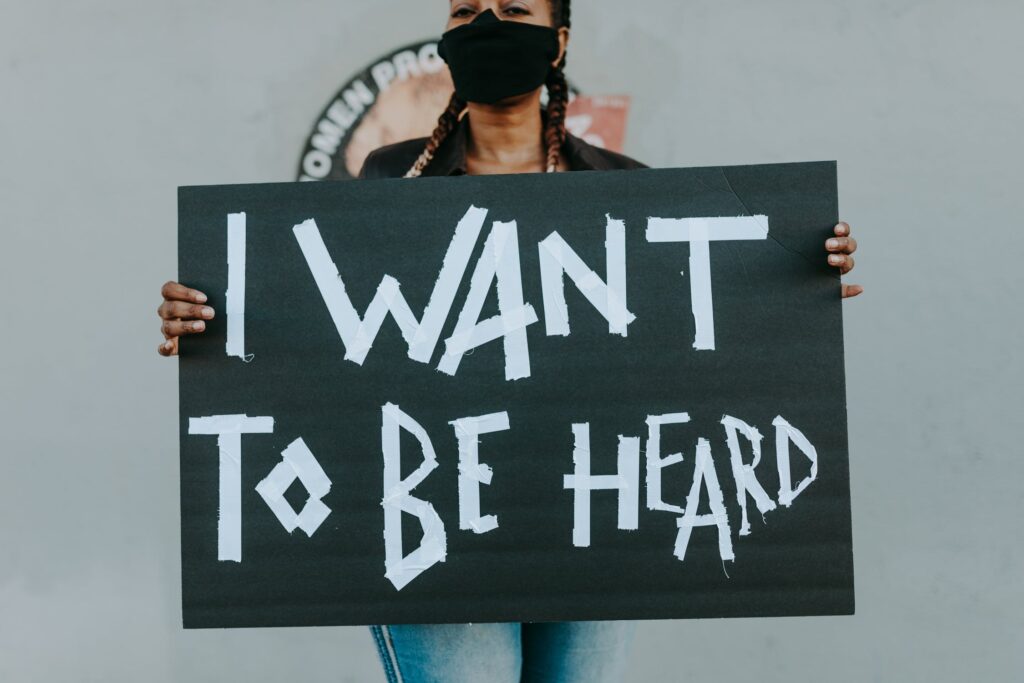I thought being out of the country for election season would mean that the amount of campaign organizers asking if I was registered to vote would decrease. I was mistaken. The wonderful world of technology has brought voter awareness efforts into essentially every possible space we occupy, digitally as well as physically. And while these efforts have certainly been successful, many people have been very outspoken about their choice not to vote in this election because they were not sold on either candidate. While I understand why so many progressive people my age are hesitant to vote for Biden, their reluctance to vote also exacerbates the feeling of uselessness that the election makes me feel as someone who can’t vote.
The requirements to vote have well evolved since 1776 when only white land-owning men could participate, but it’s been a long and painful process to get to where we are today. White land-owning men were allowed to vote far earlier than other people; Black men weren’t granted the right until the late 1800s, white women until 1920 and Native Americans until 1924. Today, millions of people living in the country cannot vote for a variety of other reasons. I can’t speak for all individuals who fall under this category, but I can speak for myself: it really sucks to watch so many throw the towel without realizing everything that is at stake for those of us who are forced to watch from the sidelines.
I have lived in the US since I was a child and would like to consider myself politically informed, but I am not a citizen. Not even close. I have a student visa, the type that just this summer was almost used to force international students to attend in-person classes in the middle of a pandemic. It is also a visa that expires upon graduation, at which point staying in the country would require me to transition to a work visa. In 2017, the Trump administration committed itself to hauling programs that made it easier for people like me to obtain visas, an extension of his xenophobic “America First” campaign. Just this month, he announced plans to cut the already excruciatingly exclusive number of work visas by a third. Ironically, the upcoming election in which I can’t vote has the power to determine whether or not I will be able to stay in the country I’ve known as home for the majority of my life.
Last month, the Trevor Project released a study in which the alarmingly high suicide rate for Latinx LGBT youth (30% higher than the already disproportionate rate for LGBT youth) was directly correlated to immigration fears. While the immigration population of the U.S. spans well beyond Latinx-Americans, the study pointed out that a majority of Latinx LGBT youth have non-citizens in their direct circles. Election anxiety is driven by the fear of not knowing what we’ll be allowed to call home this time next year, where our loved ones will be, and the overwhelming frustration that comes with not being able to do anything about it. Except wait.
I generally try not to think about the morning after November 8th in 2016, but the inescapable election fever of these last months has replayed it in my mind countless times. I mostly remember my mother crying when we saw each other in the morning. She apologized for bringing me to this country, said she thought things would be better here and now she wasn’t so sure. In the years that followed, my family members left one by one until I became the only one still living in the U.S..
As I await to see whether or not I’ll be the next to follow suit and join my family abroad, I am swallowed by a feeling of uselessness that I’ve tried approaching in different ways. I tried raising voting awareness, keeping up with updates so I wouldn’t be blindsided, tuning away when the updates became too anxiety-inducing, but still, the hopelessness has only grown. Recently, I had a realization that the best way to regain a sense of control in this time for me looks like focusing on the things I can control.
The only choice I have is to be kind to myself. I can prepare for the worst-case scenario, I can turn my attention towards organizing efforts that will continue regardless of the outcome, I can remind myself of the people who love me and will support me if I need them to, I can tell myself that it will be alright.
A common joke others have made with me is how relieved I must be that I don’t have to make a decision between the two candidates. I tend to laugh it off but it makes me feel the same way I do whenever naturalized citizens joke about willingly moving out of the country if their candidate of choice loses. More than wanting to have a chance to participate, I mostly want to stop feeling this way every four years. For now, all I can do is hope those who are eligible to vote do so— if not for themselves, then for those who can’t.
